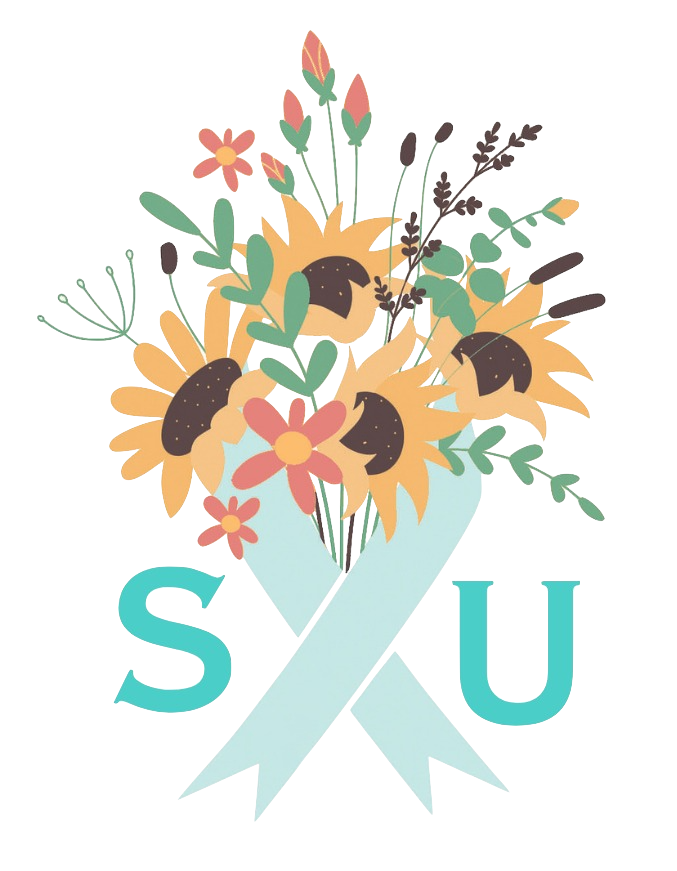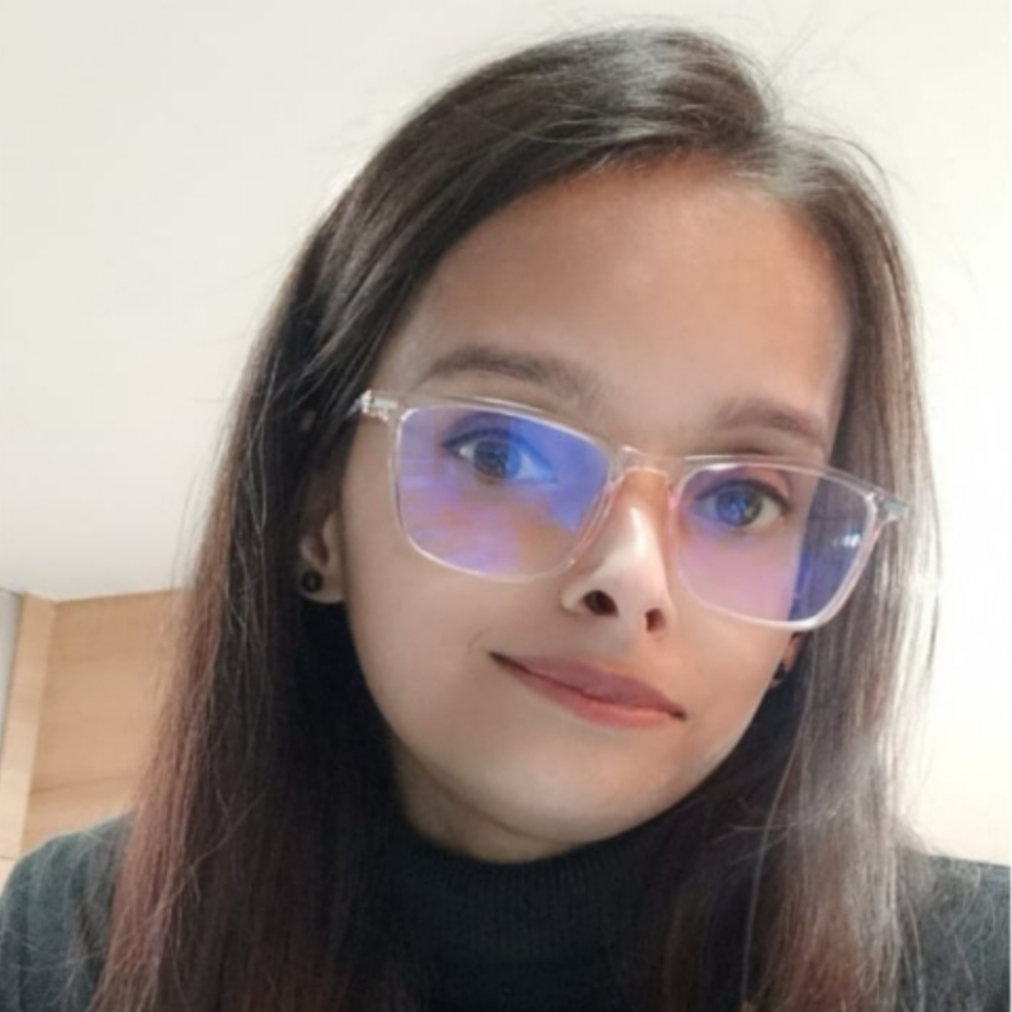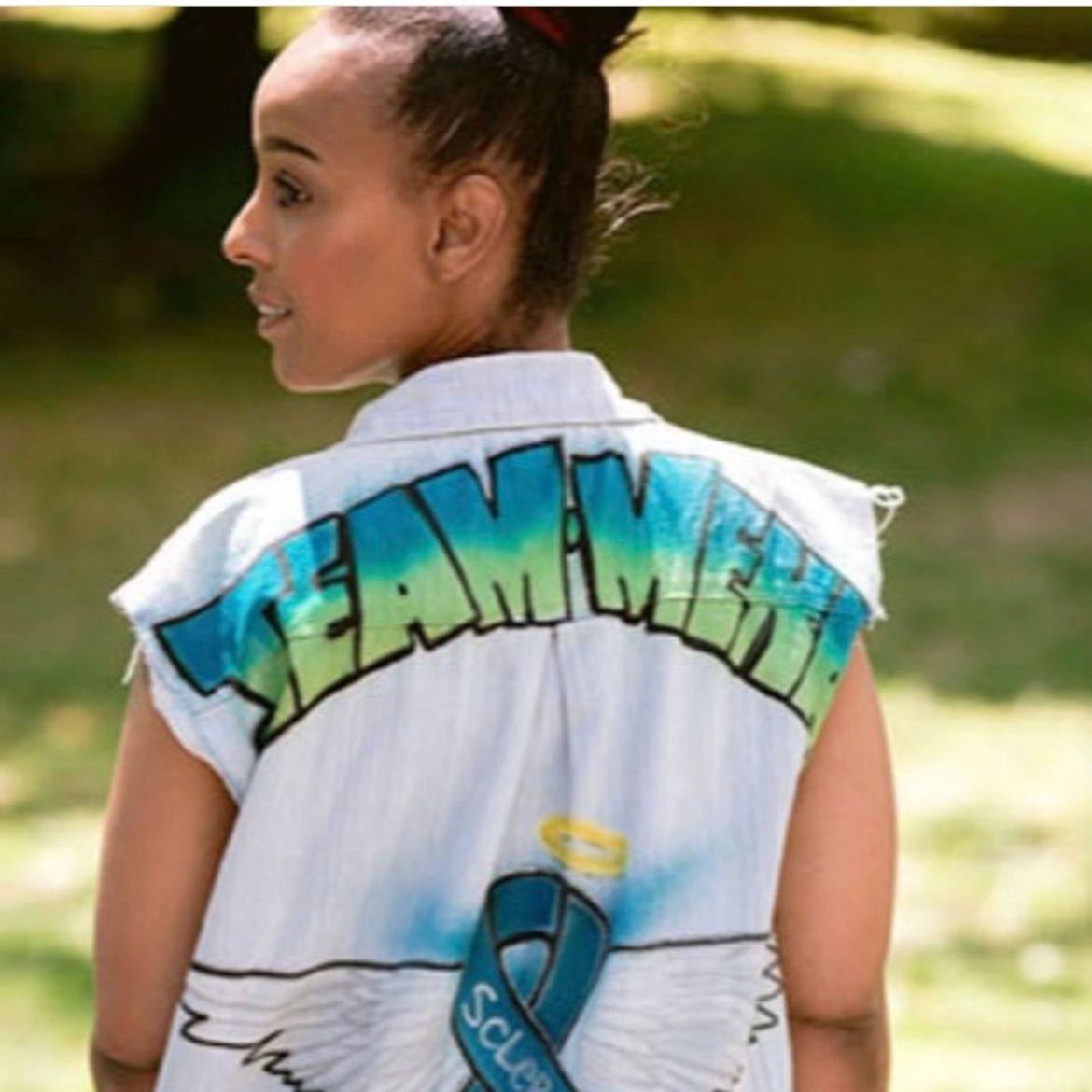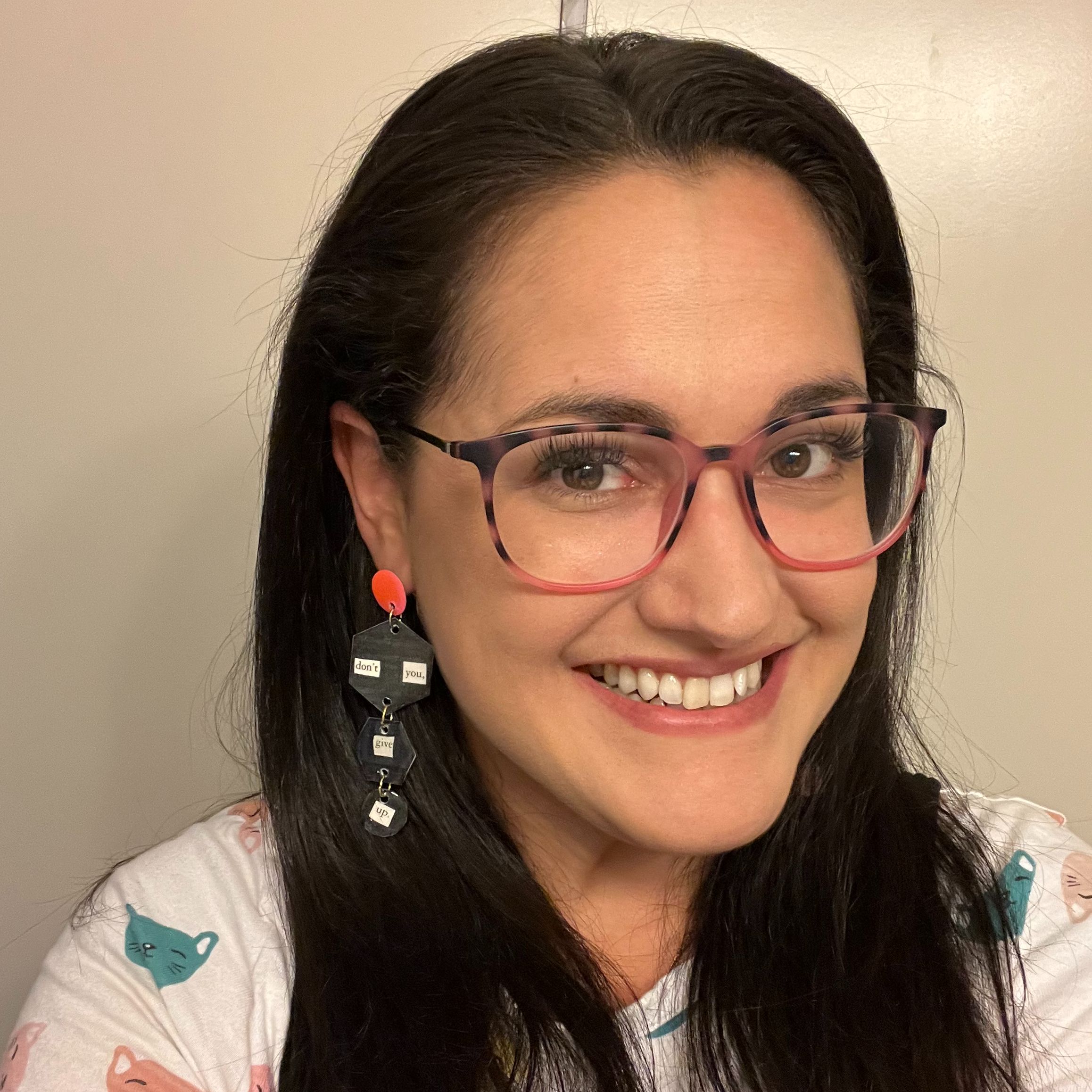King of Prussia, Pennsylvania (United States)
THOMAS FRY
Scleroderma Stories Issue 5
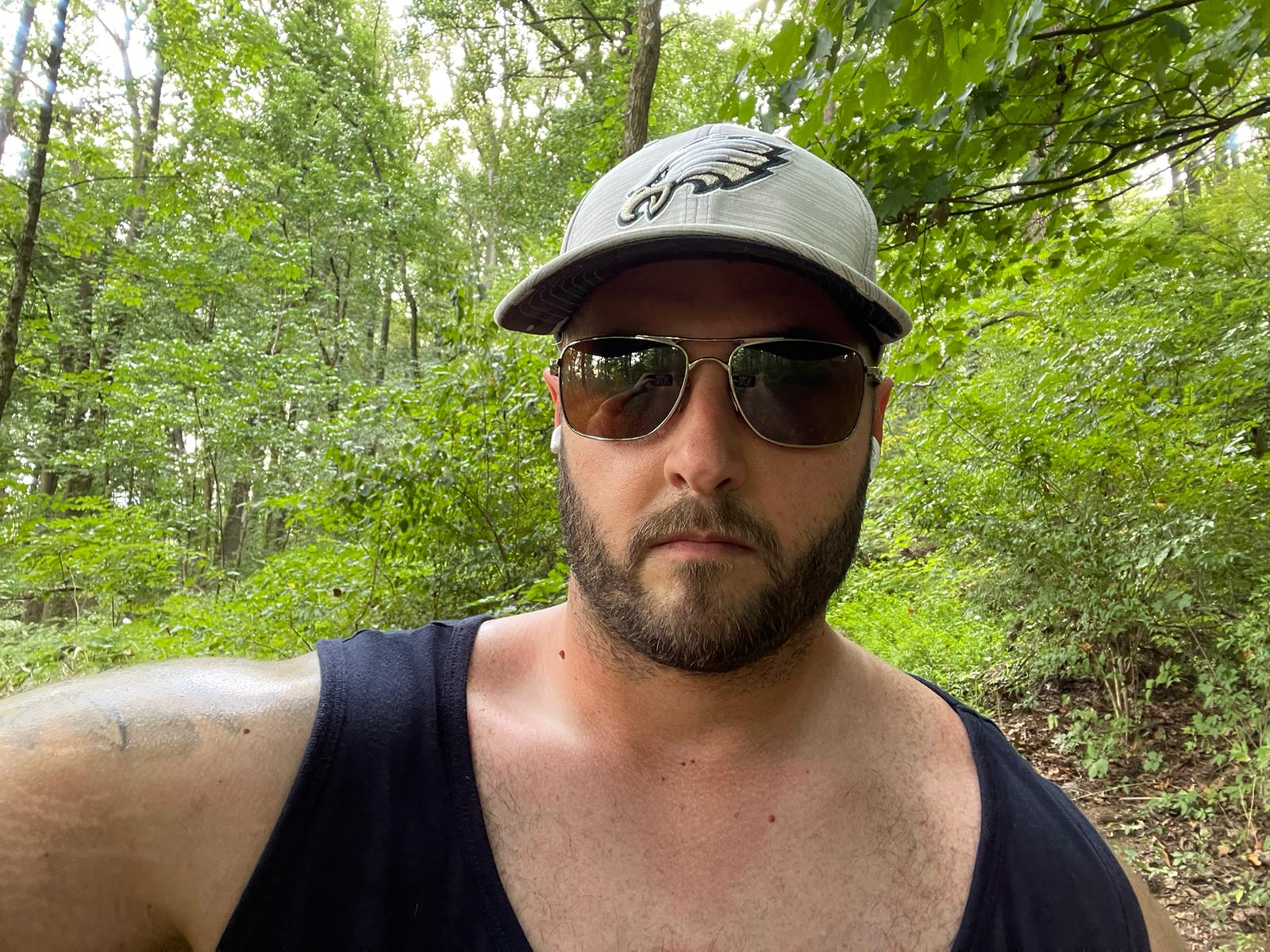
Please introduce yourself
My name is Thomas Fry, I was born and raised in Potsdown, Pennsylvania. I was diagnosed with scleroderma on October 3rd, 2020 in South Jersey, and I am now living in King of Prussia, Pennsylvania.
Could you please tell us about your journey with scleroderma, from initial symptoms to now?
Ironically enough, the gym is actually how I knew there was something wrong. Towards the end of 2019, I noticed my hands were getting really stiff and swollen, and my grip strength was going away. When I was lifting, I felt that something was not right. My feet started to get really swollen, and then my knees became quite stiff.
The whole situation was just really crazy to me because I was always a very physically active person. Seeing my body reacting like that, I knew something was wrong. My now ex-wife, my wife at the time, was a registered nurse, and she encouraged me to go get my symptoms checked out by a doctor.
I had probably two or three years’ worth of appointments in about only six months, had almost 15 different blood tests for various different conditions, and got prescribed the all the wrong medications as I was misdiagnosed with different types of rheumatoid or psoriatic arthritis – or even a combination of the two. I was given methotrexate and steroids as a sort of Hail Mary.
For the final test, the doctor told me that if this comes back negative, which it almost always does, go somewhere else. A few days later, I got a phone call. It turns out I was actually positive for the Scl-70 antibody, meaning that I had systemic scleroderma.
Ultimately, I had to switch doctors either way, and now I have a doctor who is actually the head of Penn’s Rheumatology Department (Dr. Peter Merkel), who specializes in scleroderma. He actually saved my life, because I almost died of renal failure literally a month later, on November 3rd. As it turns out, methotrexate and steroids can greatly complicate the condition of scleroderma. Knowing of that negligence to prescribe me those drugs without even considering that it could have negatively impacted me if I had scleroderma – it was shocking.
I was at Penn for four and a half days because I was at the precipice of complete renal crisis. Every day, there was at least one, if not two doctors, residents, or fellows observing me and asking me questions.
The coolest person that came was actually on her last round of clinicals. She did the skin score and was checking stuff out, because I have raised scale-like marks in certain parts, which she was looking at. We were just talking when she asked, “Is it okay if I tell my professor about you?” I said that she could, but asked why, to which she said that in medical school they’re taught that if scleroderma ever comes up on a test, it’s never you; the test almost never comes back as showing the diffuse cutaneous form that I have. I realized that was why they missed it for so long and took so much time to diagnose me correctly – it’s something they need to change.
After that, I had my blood pressure checked twice a day for almost a year straight, went through hypertensive shock seven times from January 2022 til the end of April 2022, and woke up blind a few times until my blood pressure normalized — almost died a few times there. They thought it was Addison’s because of the kidneys, but part of it was actually from the stress of going through a divorce. My body couldn’t keep up, and my hormone levels were fluctuating significantly. I would just literally eat straight salt and just chug water until my blood pressure would come up. It was crazy.
Now, I’ve improved a lot. I went from taking 33 pills a day down to four. Considering I have the terminal kind of scleroderma, the doctors don’t really know how I’m doing so well. Obviously, it’s a blessing because my lungs, heart, kidneys, hands, feet are all affected.
Despite that, I went from barely being able to barely get off the floor last April to going to the gym every day once again. They have no idea how it’s possible. They’ve said, “Hey, whatever you’re doing, just don’t stop.”
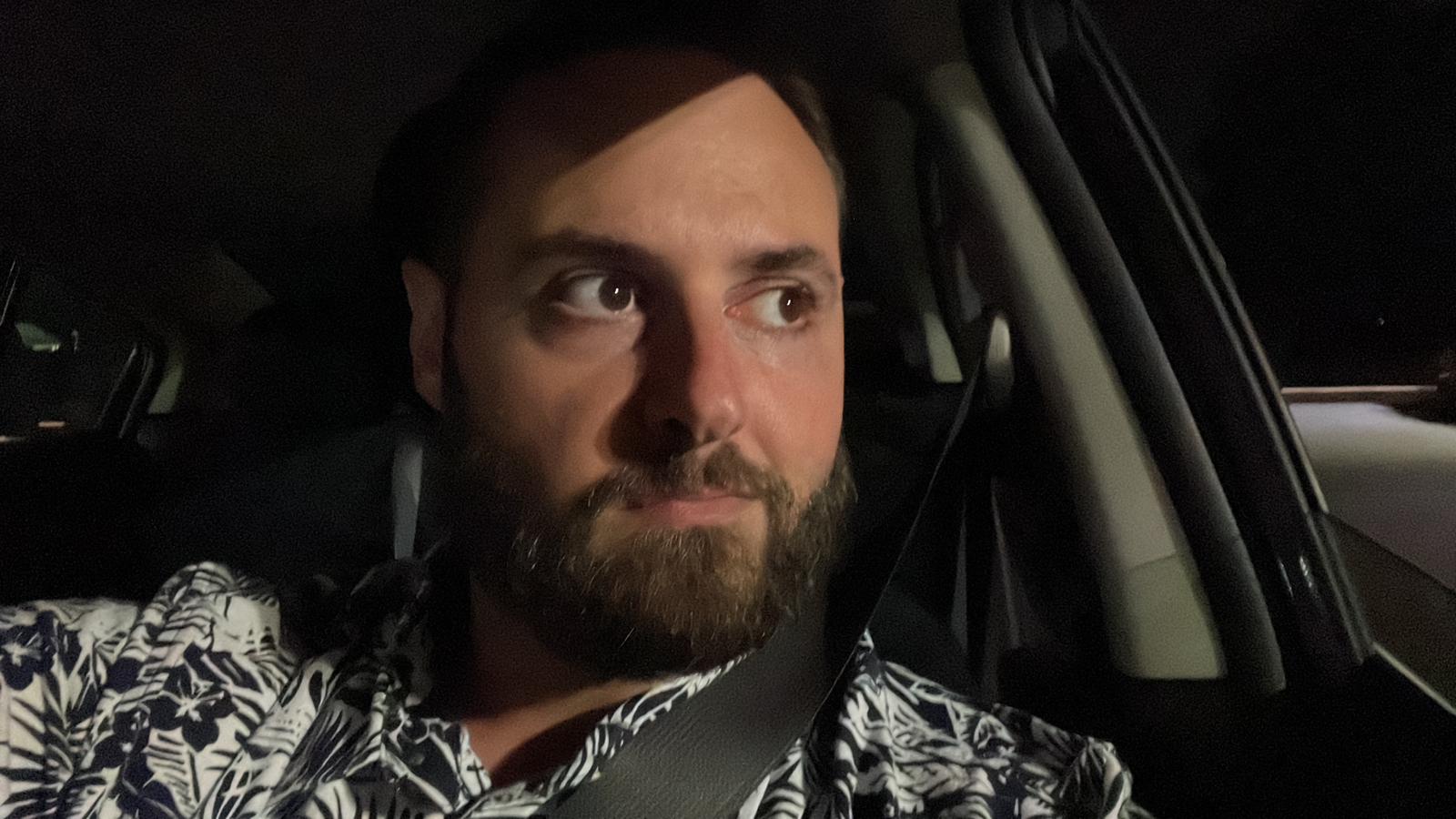
Can you pinpoint anything as the reason for this progress?
So it sounds petty, but my doctor did tell me this — we used to get into arguments in his office, because I was clearly frustrated since I changed from a very athletic, very strong man to barely being able to get up off the floor in a very short amount of time. I was just hurting all the time, but he kept telling me, “You’re feeling stuff that you shouldn’t be feeling for what I’m seeing.”
Of course, then we’d start going at it because I knew what I was feeling. Yet, the first time I was in his office after the divorce, he looked me and said, “Oh, you look like you’re doing better.” I was, and I’d even been able to start working out again. He asked me, “Who’s not in the room?”
So it sounds petty, but my doctor did tell me this — we used to get into arguments in his office, because I was clearly frustrated since I changed from a very athletic, very strong man to barely being able to get up off the floor in a very short amount of time. I was just hurting all the time, but he kept telling me, “You’re feeling stuff that you shouldn’t be feeling for what I’m seeing.”
Of course, then we’d start going at it because I knew what I was feeling. Yet, the first time I was in his office after the divorce, he looked me and said, “Oh, you look like you’re doing better.” I was, and I’d even been able to start working out again. He asked me, “Who’s not in the room?”
When you were first diagnosed, were you aware of the disease?
During the first six months of non-stop testing, I was reading up on every possible condition. Scleroderma had popped up, but I quickly dismissed it. It was an outlier, and I thought that, if it was this crazy, then surely they would have thought of it already. In reality, it was because it was an outlier that it took so long to diagnose. It was not on their radar at all.
I was quite upset when I was eventually diagnosed correctly, because it meant that so many of my symptoms were overlooked and many key things were missed. The synovium in most of my finger joints had overgrown. It was covering all my bones. When I told my current doctor, he said, “They should have known you had scleroderma from day one.”
The doctor I was seeing first has won awards. He headlines events, and his practitioner gets published all the time – he was not a slouchy doctor, but he just blatantly missed it. I know that it happens and no one’s perfect, but my current doctor said that I should have been diagnosed within the first two visits. Then, I remembered how my first doctor said that the final test he ran would just come back negative and that I should go somewhere else. We got in a really bad argument in his office that day; he essentially had given up on me.
Honestly, in a weird way it’s been a blessing too. It was two and a half years of barely being able to move. I had to completely rewire my brain. I was no longer the strongest guy in the room. There were so many things that I couldn’t do. How was I supposed to get by in a life where I couldn’t move? What kind of husband would I be? All these thoughts were creeping in, and the divorce following that also didn’t help.
I had to make the mental choice to either let this kill me or to get better. I had to get real good at adapting, and I actually became a stronger person for it, growing in my faith, mental health, spirituality… I became the best version of myself in the worst time of my life. Then, I got some of my strength back, so now I’m just a better person overall.
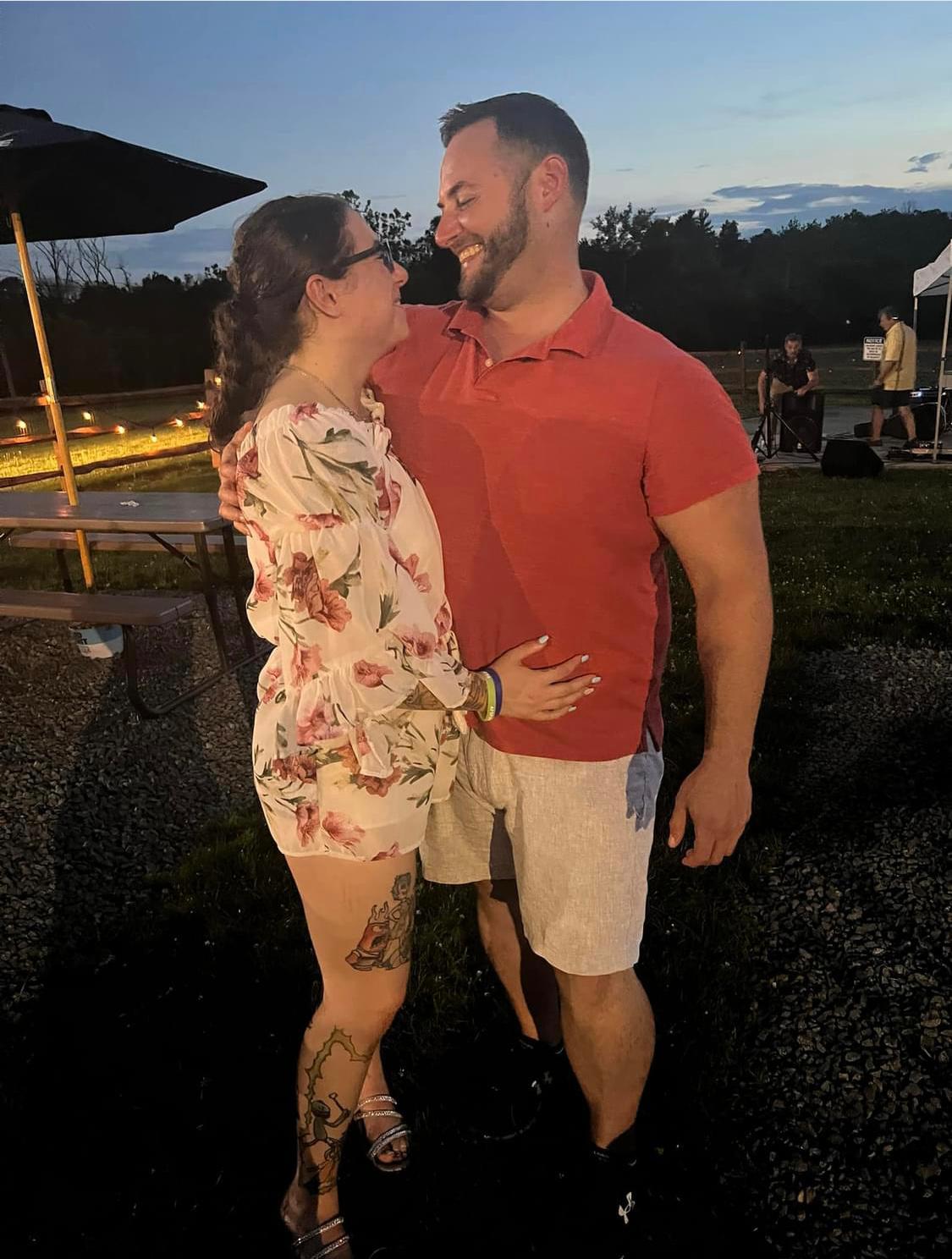
What are some of the personal strategies you have used to improve your mental health?
Most of my mental health actually came through my faith. It was a struggle that I’ve always had because as a physically strong person, you can force your way in many situations in life, which is something that’s praised when you’re a guy.
I had some pride in me for sure. Scleroderma was a really bad kick to the ego, and it humbled me really fast. I just got really grounded. It forced me to sit back and think, “Alright God, what’s going on? What do I need to do? What are we doing?” Through a lot of self work, Christian workbooks, and doing little bits and pieces even if it’s only once a week, I’m still doing something to always keep me grounded and to not blow the blessing that I received by regaining my strength.
How have you been involved in spreading awareness about scleroderma?
My friends and I were a part of an online movement that garnered considerable attention, where a lot of people were able to hear what I had to say. I actually became Twitter friends with the comedian, Bob Saget, because scleroderma took his sister in the 90’s. I reached out to him and somehow he saw it. We used to tweet back and forth, which caught some attention. It was through him that I was able to talk to other comedians and big names and was able to use some other people’s platforms to spread awareness about this disease.
I’ve been invited on the Golden Hour podcast three times, which garnered attention as well. I was able to talk about scleroderma very publicly, using dark humor to make light of a really tough situation. It’s really cool to see people with these platforms change in real-time when something like this knocks on their door.
I was also introduced to Amy Gietzen, who had me join in on a bunch of panels that they put on YouTube. I was a part of the national conference in 2021, the end of year donation campaign in 2021, helped Amy with the Steffens Foundation two months ago, and various other forms of advocacy.
My experience also allowed me to help people on a more personal level, such as my friend’s wife who was recently diagnosed with scleroderma. I’m just open with everyone in my life about my story and what I’ve been through.
How has it been interacting with scleroderma warriors or the public on the receiving end of these platforms?
They’re highly empathetic, but then again, I don’t think we have a choice. Every so often, I get a message on social media asking how I handle it… how I seem so carefree all the time.
I have noticed that the scleroderma community really appreciates the advocacy work even if they don’t speak on it. They see the posts, and every now and then, people will reach out and I’ll get these really cool messages. I just wish more people would realize that they have a voice.
One thing that bothers me the most, and I know it bothers other people I’ve talked to — not even just with scleroderma but generally speaking and especially with autoimmune diseases — is that people hear the word “terminal” and they ask, “Oh, what cancer do you have?” Well, there’s more that can kill you than cancer. Sometimes, they just assume it’s cancer without even asking. Another thing is when someone says, “Oh, it’s okay. Everyone’s going to die one day.” No, that’s not how this works. I know that they’re trying to be nice, and they’re trying to relate to something that they have no grasp on. Me being me, I actually did the math on it. Someone in my shoes has a 12,000 percent higher chance of dying every day compared to a regular person. It is not the same, and people don’t know that because they’re not in it.
I’m actually writing three different books right now about scleroderma — a kids’ book, a companion book, and my own story — and there is an entire chapter dedicated to this topic.
I also feel that outward appearances and the way that people like me are treated is weird. Most of my symptoms are internal, so people may not see what I’m going through. They might just see me limp. People look at me and go, “Oh, but you’re a strong man, why are you limping?” You get judged harshly for not being able to carry out certain tasks because people can’t see what’s going on internally. Same for women.
Just because you don’t look elderly or like the kids in fundraising commercials, everyone thinks that you’re okay. It’s interesting for people who have this hidden variant. That’s something I want to fight for and address on a personal level.
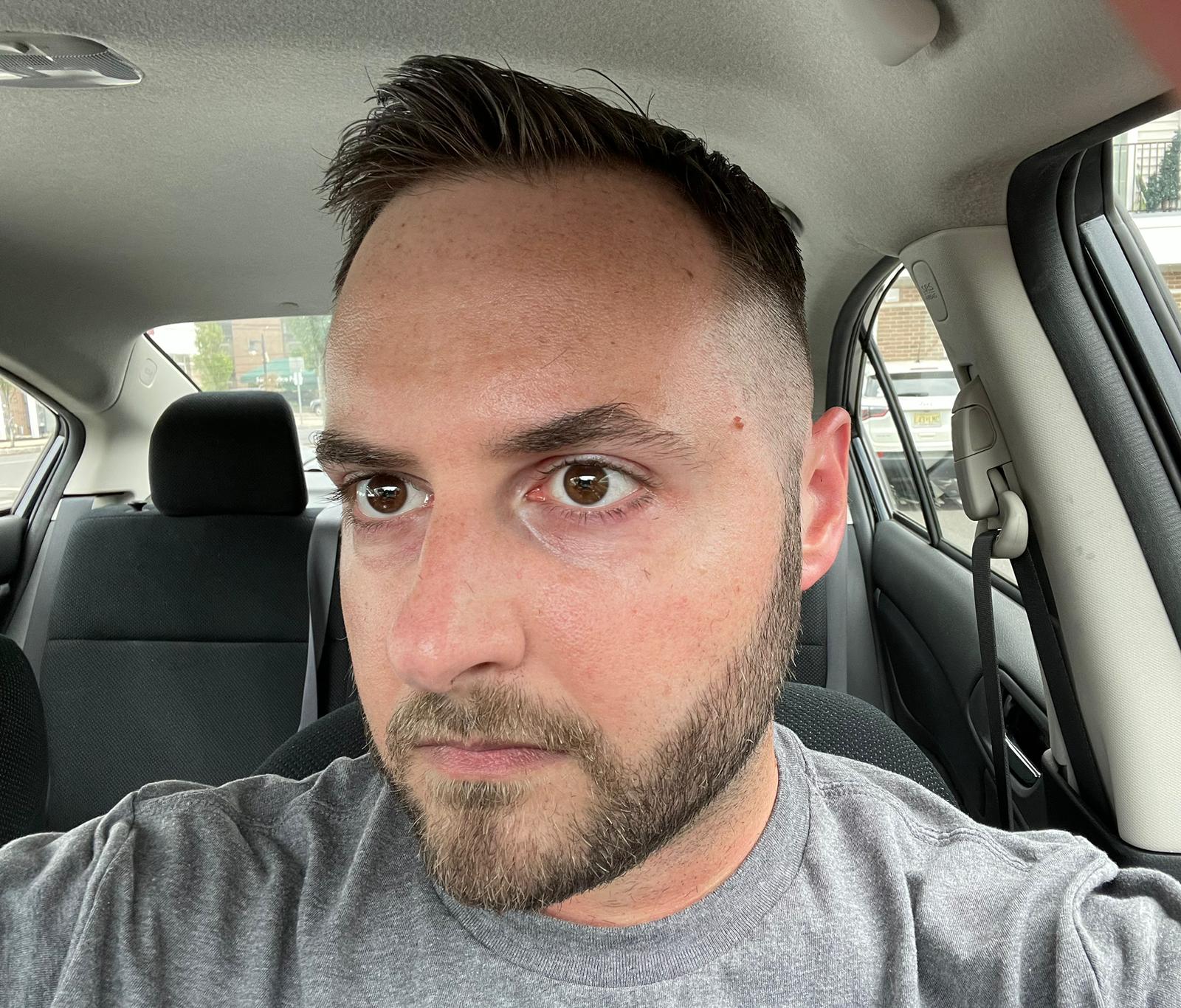
How has your support system been through your journey?
At first, the support system was almost non-existent. It really didn’t grow until last July, when I moved back to Pennsylvania from Jersey. I didn’t have a lot of people in Jersey because a lot of my friends live in other places, and then I went through a divorce, so I was alone most of the time.
When I moved back to Pennsylvania, everyone I knew was excited to hang out and reconnect. Within a month or two, all my old relationships were back, and my friends were helping me with whatever I needed, like moving to a bigger house. Since they used to work out with me when I was growing up and saw me at my peak, they’re highly aware of what my limitations are now. So, if they see me doing too much, it’s “Sit down. Shut up. What do you need?” I have a whole bunch of support now.
In terms of my family, my family members are pretty estranged from each other. I talk to my mom occasionally, but she hasn’t been very supportive. My dad does try to be supportive and he’s become a better person over the years, but for the most part the family support isn’t really there. It kind of just makes them sad.
Could talk about your life now — what you do for a living and what are your hobbies?
I help run a small ball bearing company — working in sales, customer service, helping with the website, and doing promotional work. It has been interesting, to say the least.
In terms of hobbies, sports — I don’t play them anymore obviously, but I am a fan of the Philly 76ers. I like working out and playing video games when my hands aren’t killing me. Cooking is one of my hobbies which also has become harder, but I cook a lot when it’s possible. I’d say I’m a huge nerd. I’m into comic books, anime, and manga, which I’m leaning into more and more since I can’t be as physically active. I’m leaning back into the things I used to enjoy when I was a kid.
How have your work and hobbies changed and how have you maintained involvement?
I do a lot of typing for work, like most people do. I take little breaks and do hand exercises, stretches, or traction to give my hands a break. Overall, there’s just a lot of hand care throughout the day. I soak my hands in cold water when I start getting real hot and heated.
I get a bit of movement in as much as I can. Now that my feet have been getting worse, I haven’t been moving as much, which makes me kind of sad. I like to stretch as much as I can, which just helps with everything because I get so tight and stiff. Actually, I have a friend who is a really good yogi. She gave me some tips a long time ago, so I do some of her suggestions. I do chair yoga, which is kind of embarrassing for a guy, I know.
I love going out into Philly. It’s my favorite city. But the consequence of that is a lot of pain. Sometimes, you just have to grit and bear it and know that you are going to hurt. I might hurt for three days, but I am going to go, and I am going to have fun doing it. I know the price I have to pay for pushing my limits, but if I don’t risk it, I would sit on the couch all day, and that’s not my thing. I’m not going to have my friends just come sit on my couch. I’ll rest a day or two ahead of time, hydrate and stretch, and then I’ll go out and have fun. I try to stay as physically active as possible so I don’t get stiff.
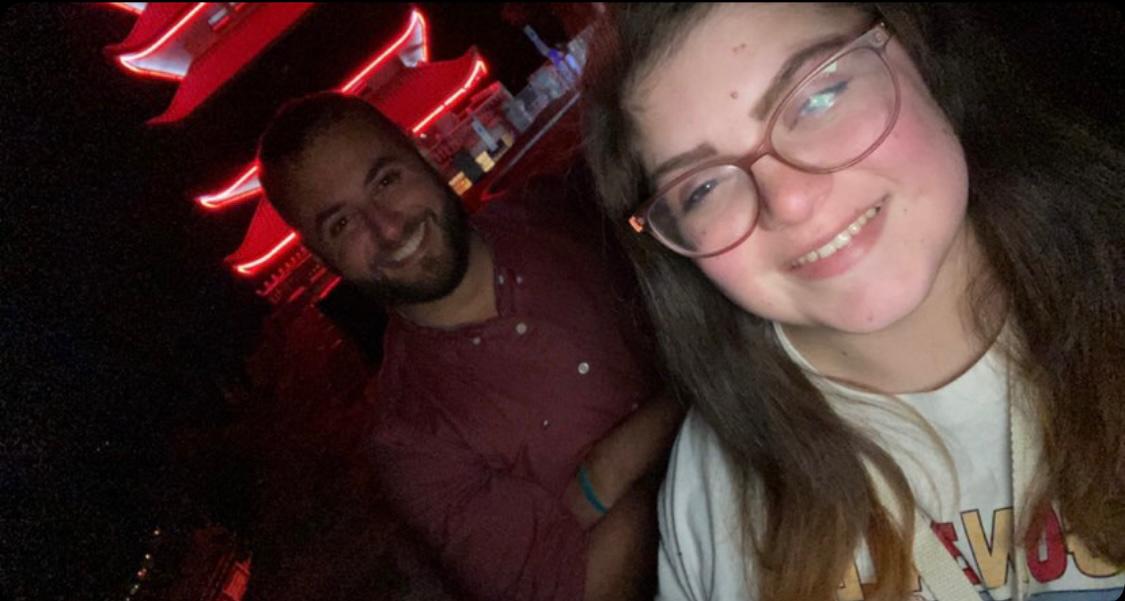
What advice do you have for scleroderma patients or anyone with a chronic illness?
You are going to feel alone and, physically, there may not be anyone near you who has your condition – but there is somebody around. You might not know them personally, but we’re not as alone as we think. Because there’s a stigma surrounding these kinds of illnesses, people don’t talk about it. As uncomfortable as it is, it is important to let the people around you know. Everybody that you become acquaintances with, your friends, your family, people at work — let them know what your limitations are.
Some people will go away. Some people will leave your life because you’re not who they need you to be anymore, but don’t let the idea of “we are rare, no one else is around” get you down. It’s not true. There are people you can reach out to when you need to. We’re out there, and we all have different ways of coping. It takes a village for it. You can’t be so self-reliant. At this stage of the game, that can literally be a killer. When I was trying to do everything on my own, I was not doing the right things because I didn’t know better, and I pushed myself too hard. It comes down to a matter of human pride. We all want to feel like we’ve got it under control. No one on the systemic side of scleroderma has beaten it, so statistically it is going to get you. But that doesn’t have to stop you, and you need others to help you make that happen.
That’s what I did. I went straight into the cause. I was not stopping. It makes you feel better to have that cause. I have people who ask me why I do it, because it’s not easy to be like, “I’m Tom. I’m dying.” It’s not fun.
But there is this vision that one day, enough of us over a period of time will affect something that will help those after. We may not have that one grand slam of a person that changes the medical game with scleroderma. It might take hundreds and thousands of us to spread that awareness, but if nobody does it, nothing changes. Even if it doesn’t help me personally, I would rather try to make a change for those that come after.
I really admire Cosette Wu for starting Scleroderma United, because scleroderma took someone from her family and although she doesn’t have it, she — as a high schooler — thought she was going to change this. So my last message is actually for those who don’t have this disease. Don’t be afraid to approach those you know that do have it. From a group, reach out and see what you can do. It doesn’t take that much, it’s just that people are afraid to do it.
Be sure to follow us on Instagram and Facebook (@sclerounited) to see more scleroderma warriors’ journeys in our weekly Sclero Sunday series.
Are you a scleroderma warrior? We’d love to interview you for Scleroderma Stories! Please visit tinyurl.com/share-my-sclero-story or email us at contact@sclerounited.us
